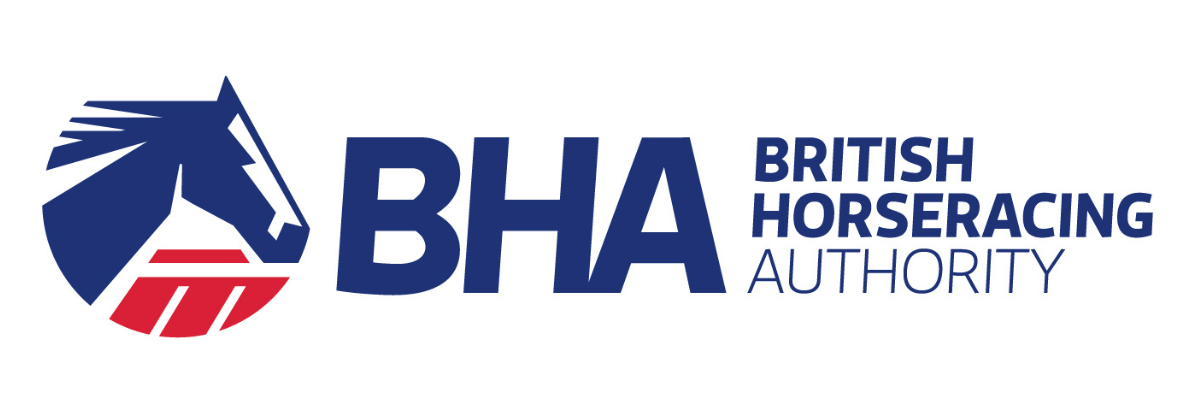
“We share in the shock and dismay regarding the images of abhorrent abuse and malpractice from an abattoir in Ireland which was broadcast on RTÉ last night.
“Urgent steps must be taken by the appropriate bodies to improve standards for all horses sent to this facility, and sanctions imposed on anyone found to have committed illegal acts or broken regulatory requirements.
“We are aware of the illegal tampering of horse passports and believe the introduction of a digital-only system for equine ID is essential to stop this practice. British racing, alongside other equestrian sports and welfare bodies, has repeatedly lobbied Government to introduce digital ID. We will continue to make it a core ask of the new administration.
“British racing’s goal, as set out in the independently-chaired Horse Welfare Board’s strategy ‘A Life Well Lived’, is to achieve 100 per cent traceability of racehorses when they retire and take their first move from the sport.
“For horses for whom euthanasia is required – which in some circumstances is the most humane outcome – we are here to help those responsible make difficult but timely decisions. Our code of practice for euthanasia emphasises that horses must be allowed to retain their dignity to the end of their lives and if euthanasia is the only option, it should be performed at home or in suitable surroundings.
“In 2022 we imposed a rule that all racehorses which run in Great Britain must be signed out of the human and animal food chain. It was introduced to prevent any horse from racing in Britain and then legally being sold for slaughter to abattoirs, either domestically or internationally.
“British racing is open and transparent about the horses involved in our sport. Facts and information about the horses who are bred for racing, the lives they lead, and what happens when they leave the sport, including how they are supported by the sport’s dedicated aftercare charity Retraining of Racehorses (RoR), can be found on www.horsepwr.co.uk.”
Notes to Editors
1. Digital ID will play an important role in the enforcement of the new Parliamentary Bill which will ban live exports of horses and other animals for slaughter from Britain.
2. All foals bred to be raced in Britain must be registered with Weatherbys within 30 days of their birth, at which point the sport looks to ensure traceability of horses, and accountability for those responsible for their care. In 2018, the sport also introduced the country’s first digital equine Passport to sit alongside the mandatory paper document.
3. Retraining of Racehorses (RoR) is British Racing’s dedicated aftercare charity created to support those horses which leave the sport permanently, and their owners. It has helped create a demand which allows former racehorses to thrive across a wide spectrum of equestrian disciplines.
4. Following the sport’s 2023 Thoroughbred Census project, British racing has determined that around 80 per cent of Thoroughbreds are currently identifiable and active in their lives beyond the racing industry. Work is ongoing to continuously reduce this gap.
5. In rare cases where a horse is found to be at risk after leaving the sport, RoR’s welfare safety net provides funding to help that horse find the right outcome. RoR has also developed an aftercare strategy for the sport and is engaging in discussions with the broader industry to secure funding for its implementation.
